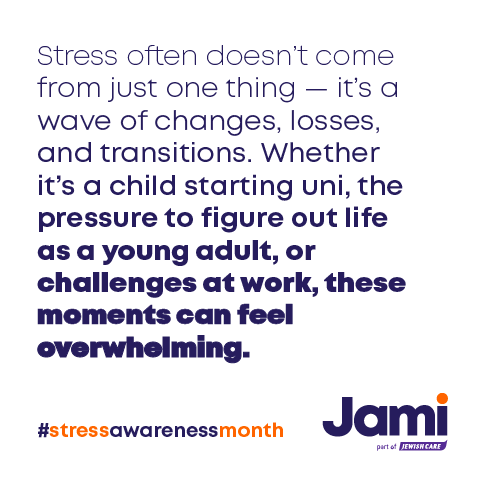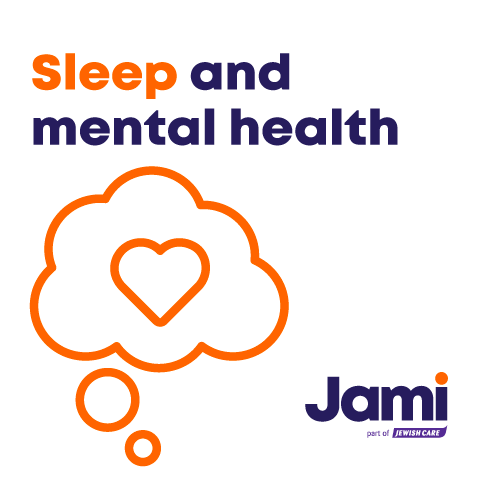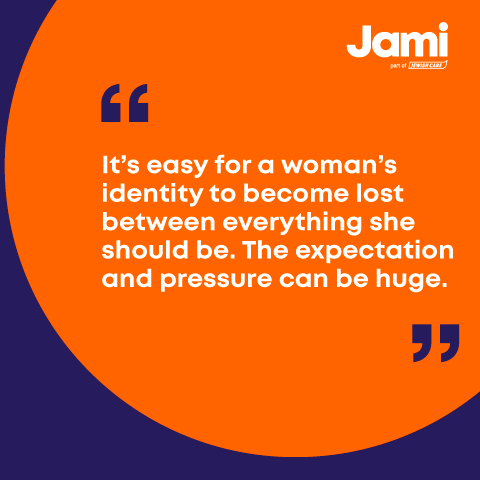
It is completely normal to feel stressed and anxious in these uncertain times. For people with ongoing mental health problems, the pressure is even greater, and the additional stress this puts on you as a carer will undoubtedly increase. It is important to be aware and remind yourself that generally, the person you care for will not be processing information and their emotions in the same way you are able to. If social distancing or self-isolation is necessary, reduced interactions with friends, external care providers and health professionals will make managing pre-existing conditions even harder.
Stay Connected
Find ways to keep in touch, especially with people who are self-isolating. This may be online through a video chat group – Skype, Zoom, Google hangout, FaceTime, or through regular phone calls. Think about how you can help elderly people get connected.
Local Help
Enforced isolation can be challenging for all of us, for some people with underlying mental health issues, this can cause further distress. Self-care may become overwhelming and food shopping/meal prep may become impossible. Offering to pick up shopping and delivering urgent supplies can have a significant positive impact.
Acknowledge how People are Feeling
It is normal to feel vulnerable and overwhelmed at times like these, particularly if you have a mental health condition, or a physical condition that increases your risk to the virus.
Common fears will include fear of becoming ill or dying; avoiding health facilities due to a fear of becoming infected while in care; loss of employment and financial difficulty; fear of social exclusion; feeling powerless and out of control; loss of caregivers; feelings of boredom, loneliness and depression due to isolation.
Acknowledge these feelings and reassure people that although they are worried, they are not alone.
Other ways to maintain your own and others’ mental wellbeing
- New normal – Find areas of your life you can control for yourself and your loved ones. Plan a routine for a week at a time, including meals and grocery shopping. Make sure there’s some time away from screens for everyone.
- Tag team – where possible tag team the parenting or care of your family member so you
have time for yourself every day and stick to it. If this is not possible, schedule in regular
breaks for yourself. Even 10 minutes every so often by yourself will help. - Be kind to yourself – work out what is important to you and let the other stuff go. And be
aware and make peace with the fact this is going to be tough, tough for everyone in your
household. Regularly remind yourself of this and the fact that it won’t last forever. - Get some fresh air – if you’re not self-isolating, go for a walk, breathe in the fresh air and
clear your head – this is important for everyone in your household. If you are self-isolating, walk around your garden, if you have one and if not open all the windows and let the air in. The power of fresh air when you’re confined is surprising. - Talk – call your friends and family. Find ways to stay connected by phone, video chat or
online groups including Carers and Family support groups. - Exercise – find a workout video online that works for you and do it together or by yourself. You’ll feel both physically and mentally better for it.
- Whilst the NHS will undoubtedly be under increased pressure, Mental Health services will
still be there. Be prepared. Make a plan of what you will do in an emergency. Have the
phone numbers you need ready. - Breathe. Its sounds obvious but stopping and taking a few deep breaths takes a few seconds and will give you a bit more strength to carry on.
Caring for someone with a mental illness can be physically and emotionally challenging and
exhausting. At this time, Jami will continue providing one to one support, plus information and
guidance enabling carers to cope with their own daily lives and routines.
If you are self-isolating due to COVID-19, our duty team continues to provide advice and signposting. For people who need more support, we are providing this by phone. Email info@jamiuk.org


